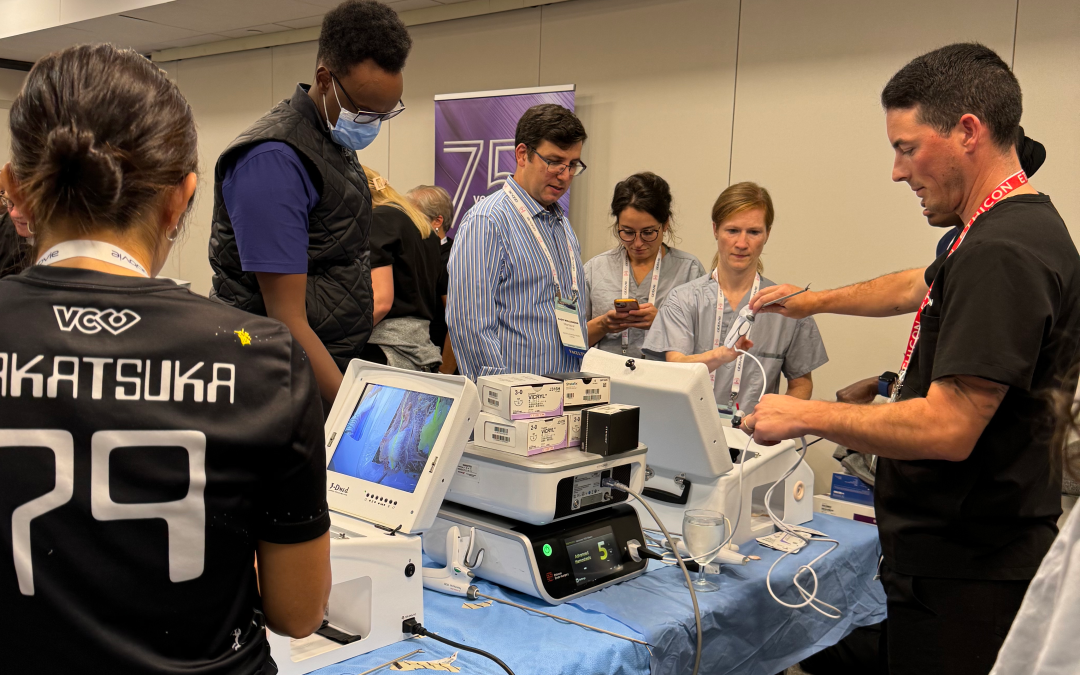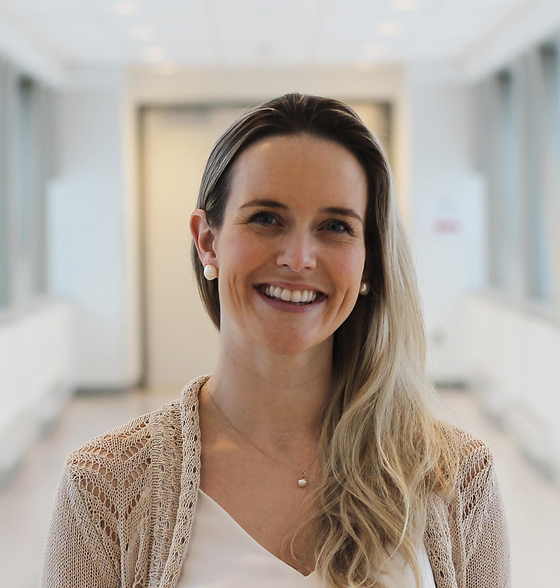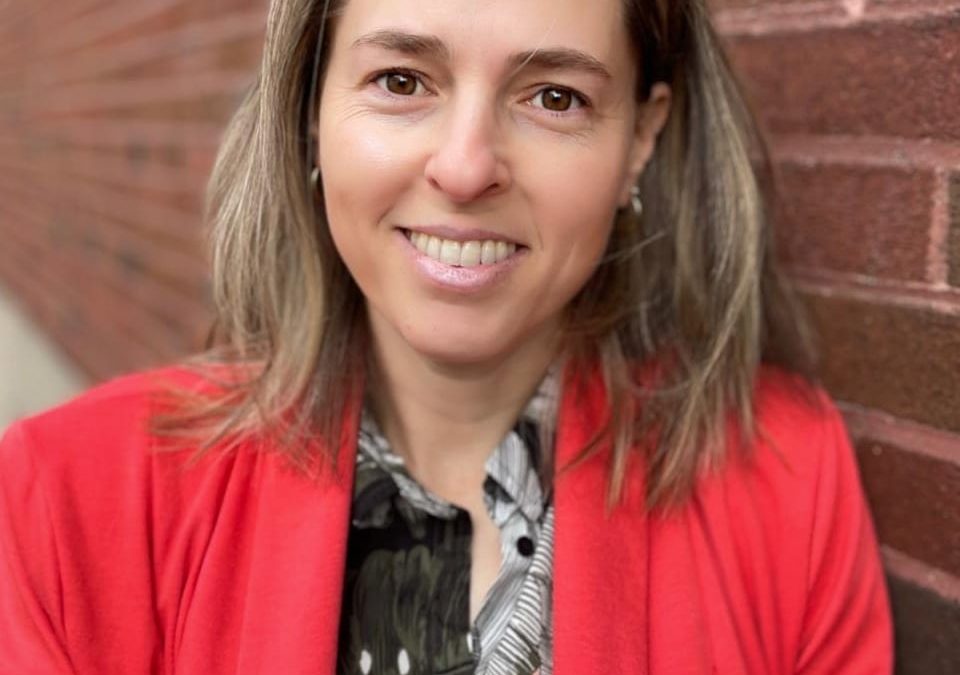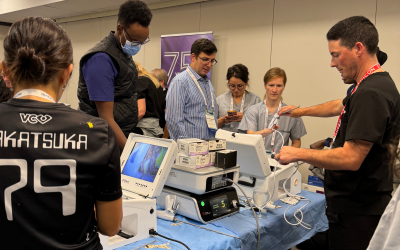SASKATOON, SK – 18 September, 2025 – Today at its annual conference, the Canadian Society for the Advancement of Gynecologic Excellence (CanSAGE) proudly announces it has received pivotal funding from the Health Canada Sexual and Reproductive Health Fund for its Endometriosis Care Education Program (ECEP). This vital initiative is designed to fundamentally enhance endometriosis diagnosis, imaging, and management nationwide by equipping healthcare professionals with the expertise and resources necessary to deliver prompt diagnoses and effective, compassionate care.
Endometriosis is a chronic and often debilitating disease that affects approximately one in ten individuals – impacting almost two million Canadians. It is frequently underdiagnosed and inconsistently managed, leaving many navigating its devastating effects in silence. The Health Canada-funded ECEP directly addresses these critical gaps by prioritizing comprehensive education for the clinicians.
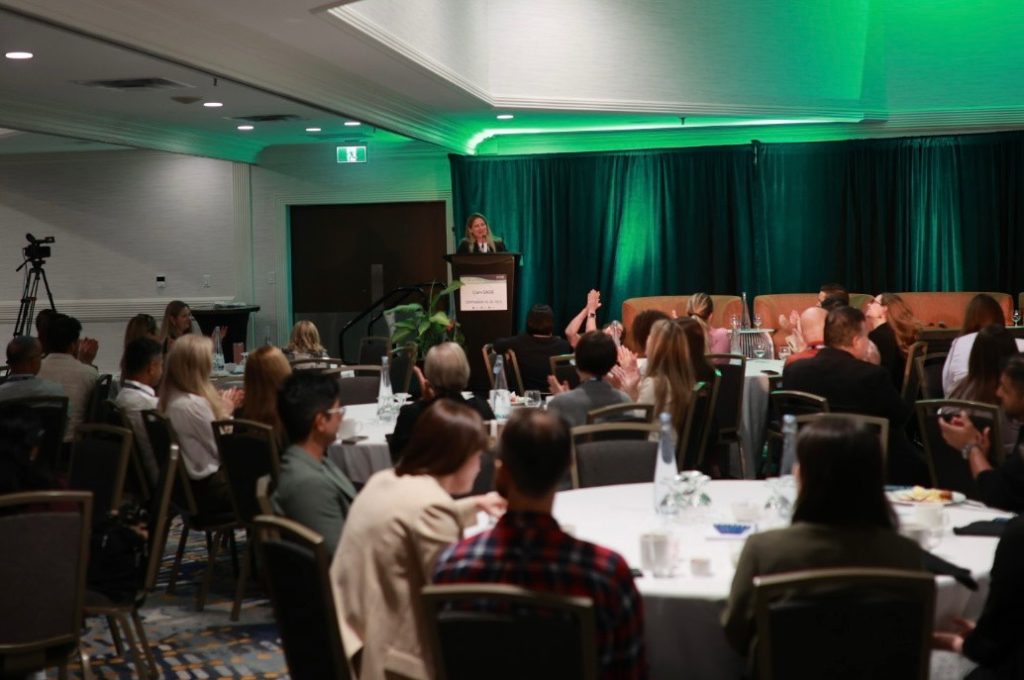
“This program isn’t just a milestone for CanSAGE; it’s a crucial advancement for the millions of Canadians living with endometriosis,” says Jamie Kroft, CanSAGE President. “By closing critical gaps in education and practice, the ECEP will empower healthcare professionals and, most importantly, significantly improve outcomes for patients. It’s time we illuminate this disease so that it receives the attention and expertise it merits from all levels of the healthcare system.”
The ECEP will offer groundbreaking national courses, mentorship opportunities, and an array of digital resources including podcasts, diagnostic checklists, and real-world case studies. Crucially, ECEP emphasizes serving under-represented communities, incorporating trauma-informed care principles and culturally sensitive content to ensure equitable access to enhanced knowledge for all healthcare providers across Canada.
CanSAGE’s commitment to collaboration is central to ECEP’s success. The program will actively engage a Lived Experience Advisory Committee to ensure the priorities of people living with endometriosis are at the forefront of all educational resource development. Additionally, CanSAGE has partnered with leading societies as well as patient organizations, amplifying the program’s reach and ensuring a truly patient-centered approach.
“This partnership is a testament to the power of collaboration in addressing one of the most pressing health issues of our time,” said Katie Luciani, Executive Director, The Endometriosis Network Canada. “By working together, we can ensure every person living with endometriosis finds a timely pathway to diagnosis and management, informed by the expertise of well-informed and trained healthcare providers and a mutual understanding that prioritizes the patient voice.”
Why this matters
For patients like Rosie, who navigated 10 of years of uncertainty from the age of 12 before finally receiving a diagnosis, initiatives like ECEP offer a profound sense of hope. “Knowing that those trusted to take care of something as valuable as our health will have the knowledge and skills to better address endometriosis is a positive shift towards diagnostic and treatment delays becoming a thing of the past. With this education, patients won’t need to become experts in their own disease to get appropriate care, and can instead focus on healing and learning how to best care for their bodies”, said Rosie, a patient advocate.
By fostering a new era of excellence in endometriosis care, CanSAGE aims to transform the future for millions and unlock a path to better health, ensuring every patient receives the skilled attention they deserve.
“Endometriosis is a complex and nuanced condition. Making doctors aware of these nuances will help foster a sense of ease, comfort and trust, which people living with Endometriosis need from the medical community globally. Doctors can then be better equipped to deal with this complex condition, and people with endometriosis will seek more medical help, thus helping the medical community further research and understand the condition better. It’s a win for all!”, said Tanvi, Endo Ambassador, The Endometriosis Network Canada.
About the ECEP:
The innovative ECEP is built on three targeted pillars, designed to meet the diverse educational needs of various healthcare professionals:
● Pillar 1: Clinical Diagnosis and Medical Management – Tailored for primary care providers, emergency medicine physicians, and general gynaecologists, this pillar builds foundational understanding and equips these first-contact clinicians with essential diagnostic and management tools.
● Pillar 2: Diagnostic Imaging – Focused on radiologists, gynaecologic sonologists, sonographers, and general gynaecologists, this component delivers advanced training in imaging techniques, critical for accurate diagnosis.
● Pillar 3: Surgical Management – Designed for general gynaecologists, this pillar enhances surgical skills and offers surgical mentorship opportunities.
About CanSAGE:
The Canadian Society for the Advancement of Gynecologic Excellence (CanSAGE) is a leading professional organization dedicated to advancing minimally invasive gynecologic surgery and improving gynecologic care through education, research, and advocacy across Canada.
About the Health Canada Sexual and Reproductive Health Fund:
The Health Canada Sexual and Reproductive Health Fund supports community-based organizations to improve access to sexual and reproductive health services for underserved communities across Canada.
Media Contact: Sonia Hoole, ECEP Project Manager, CanSAGE; [email protected]


